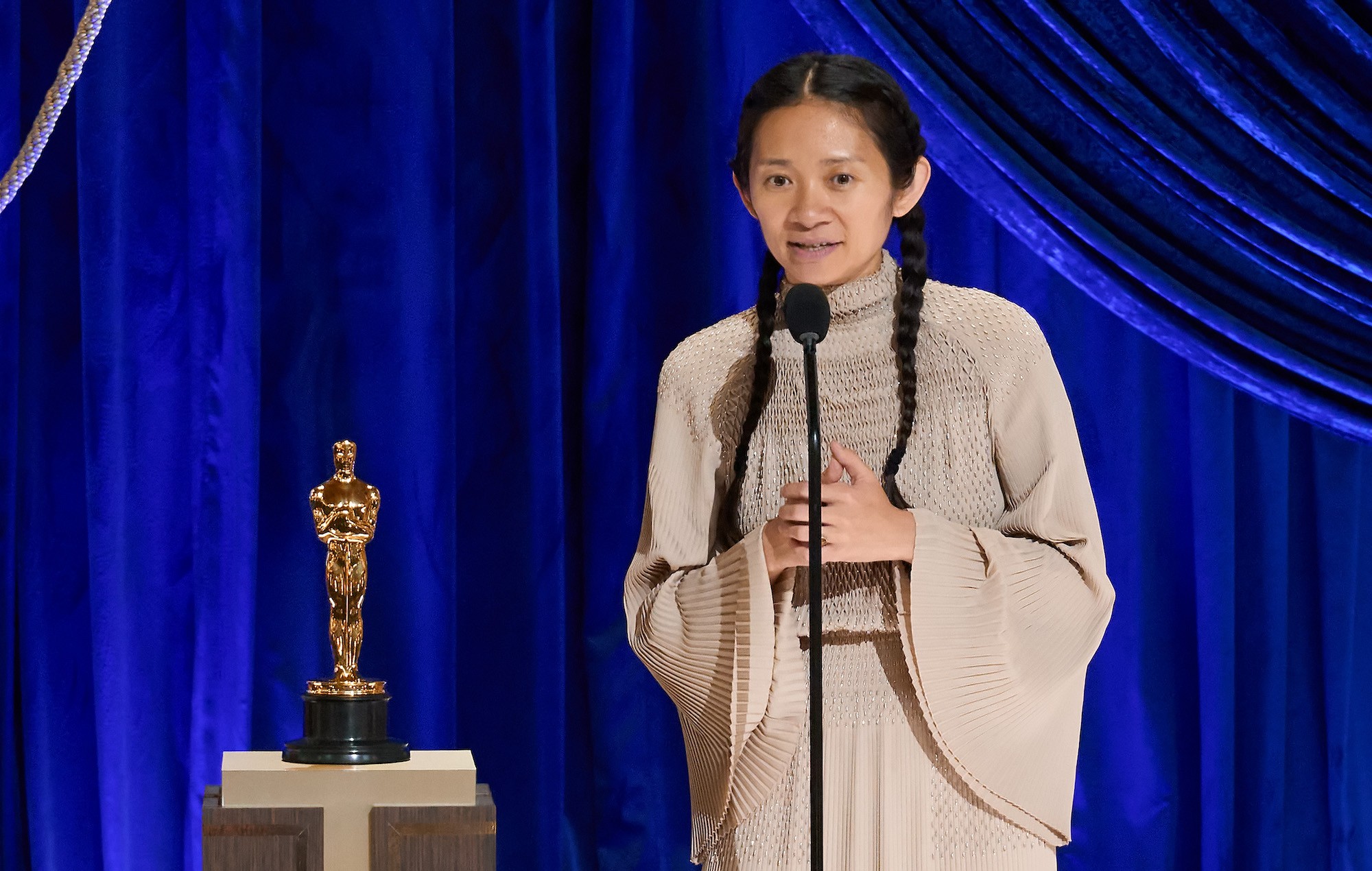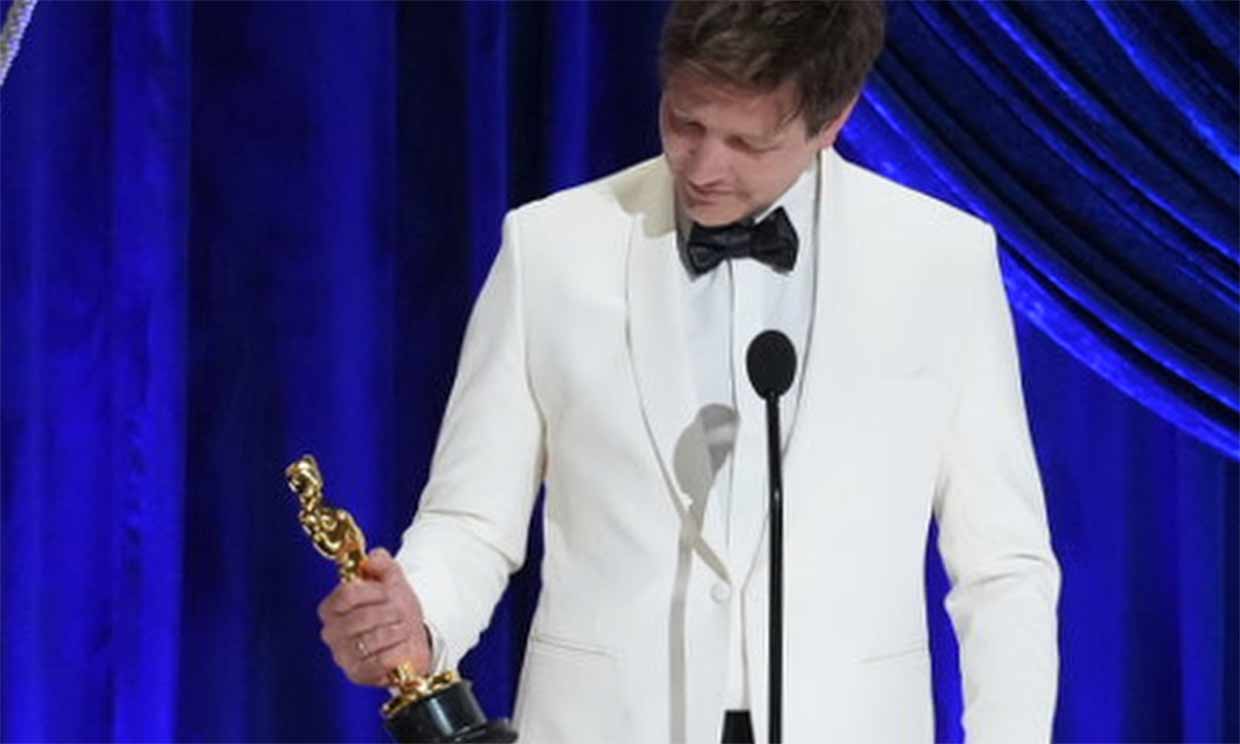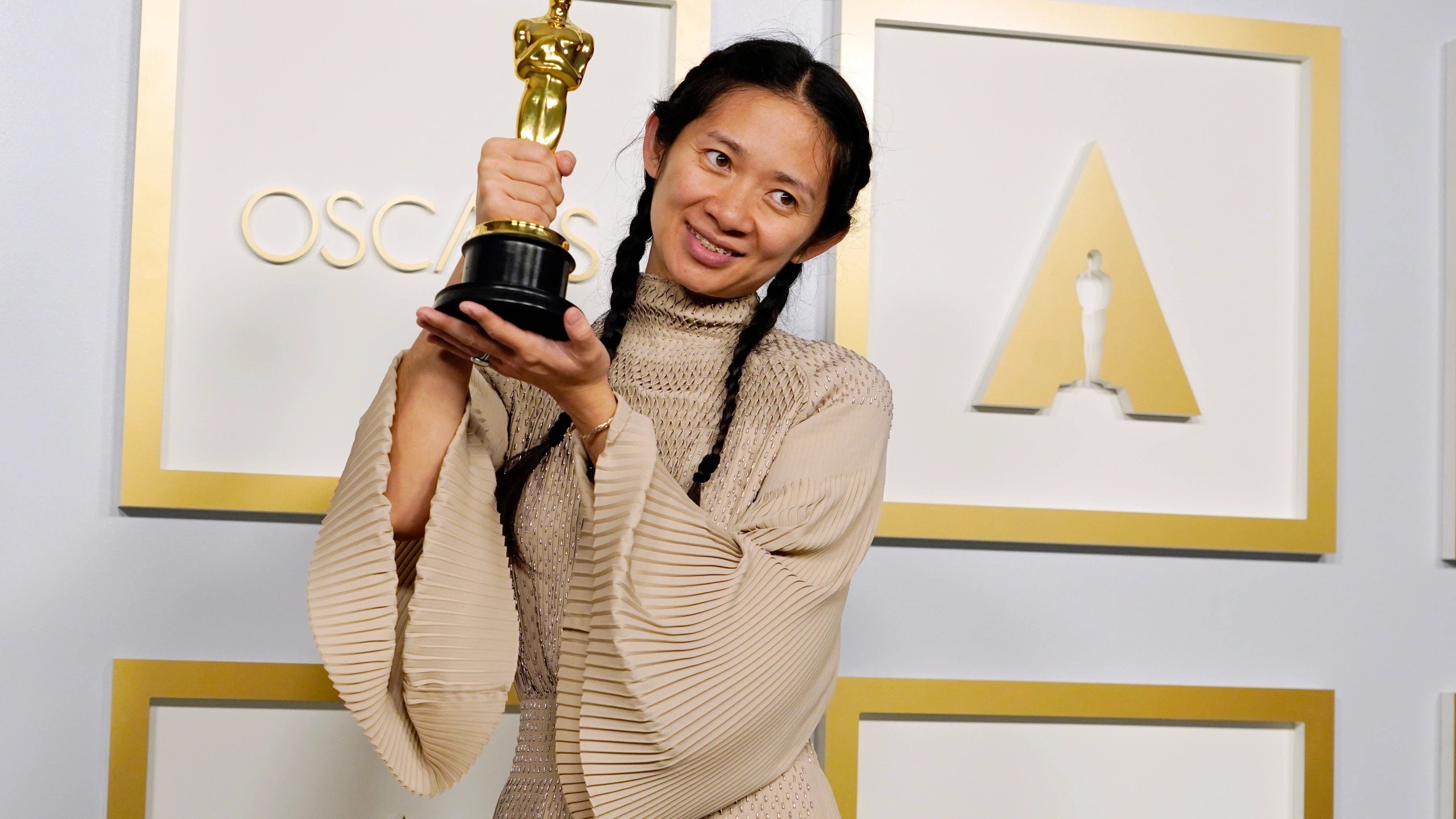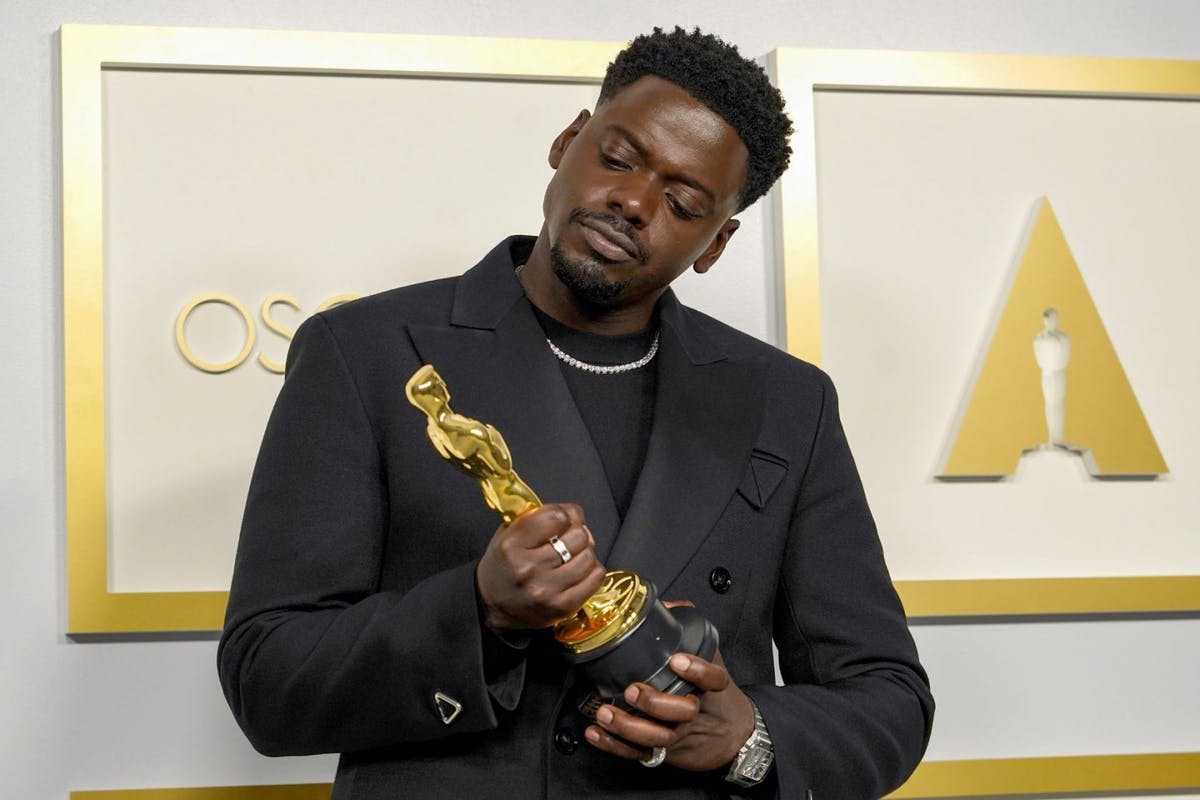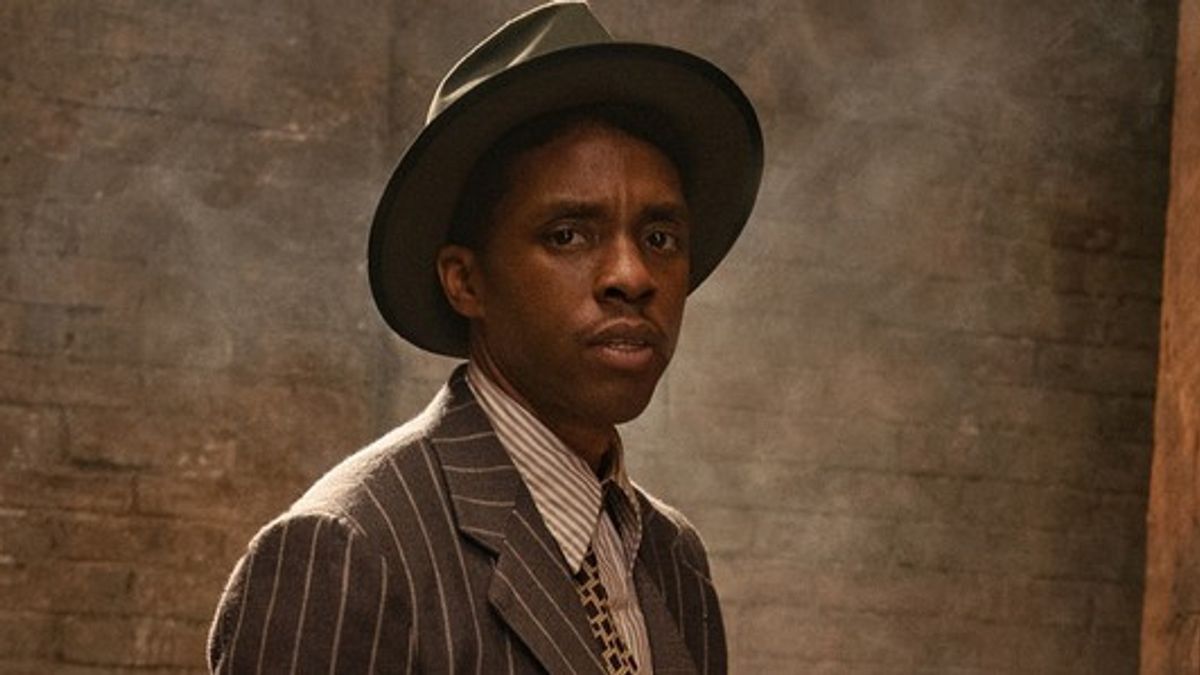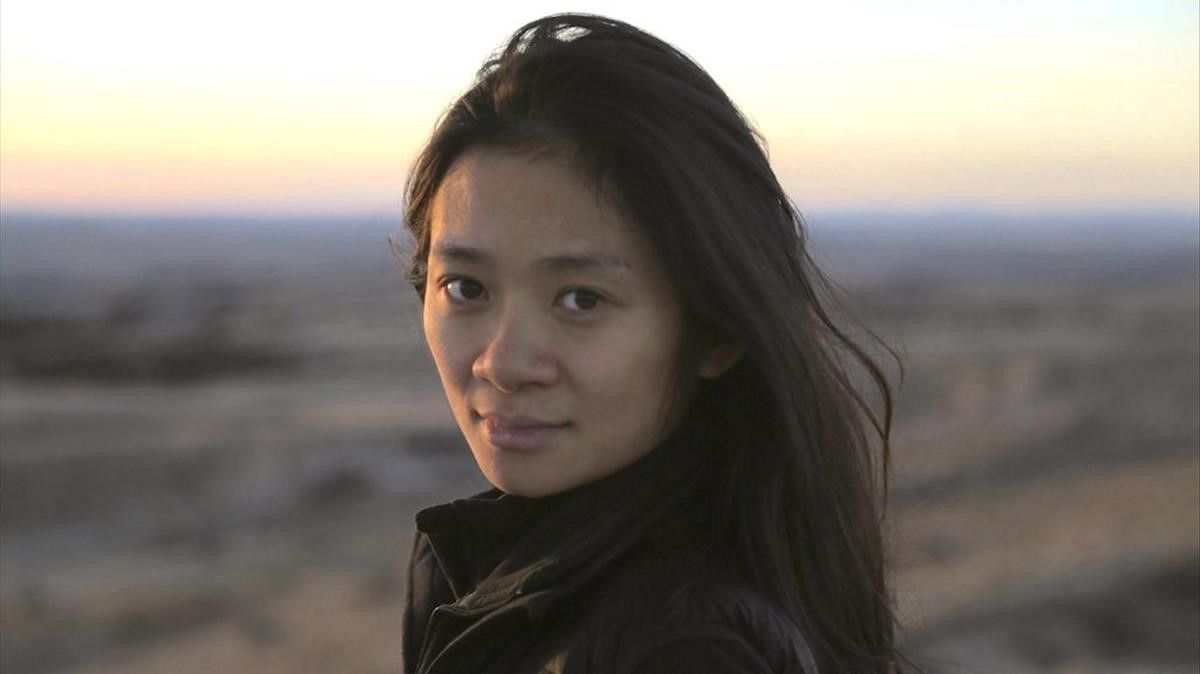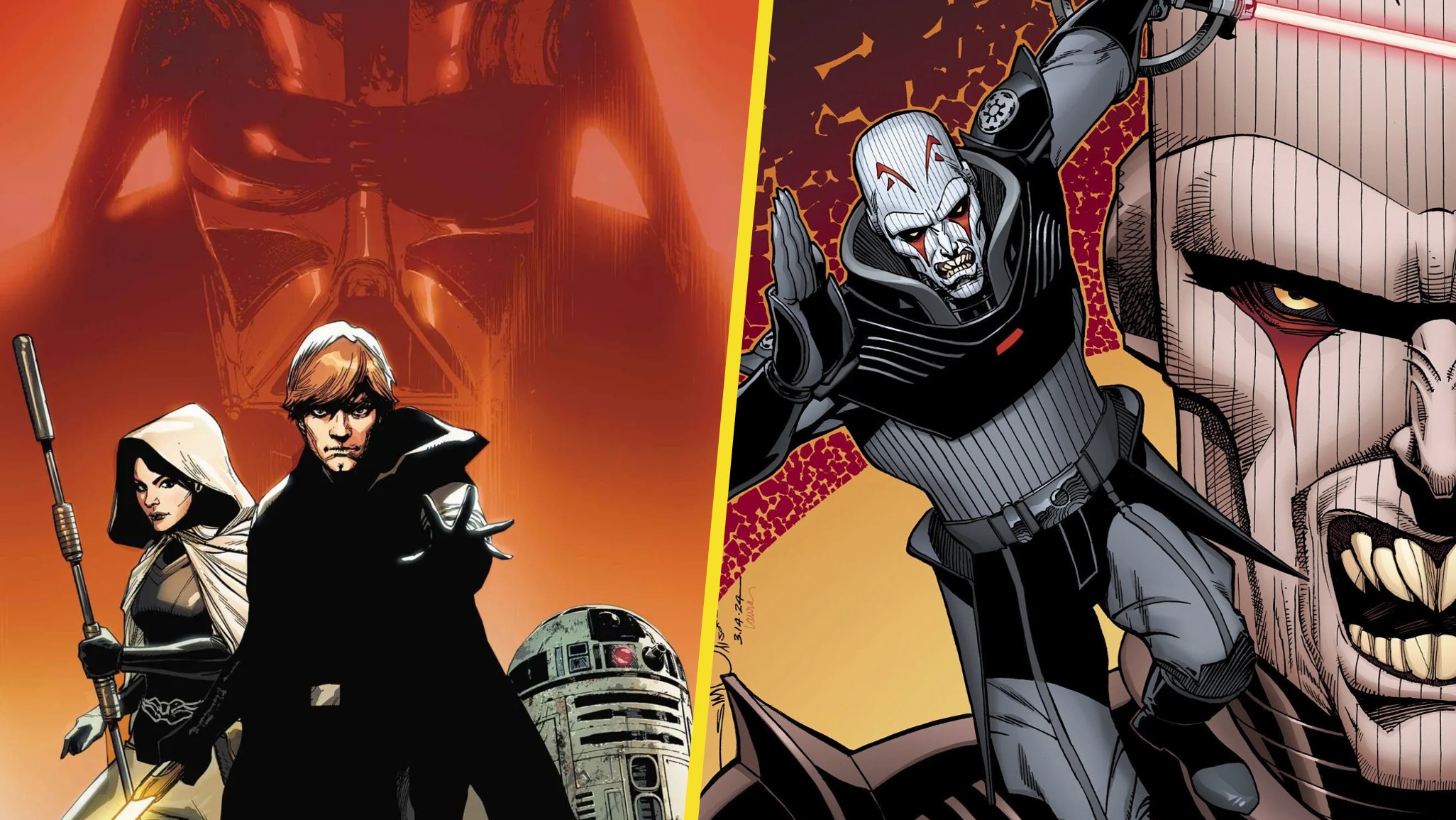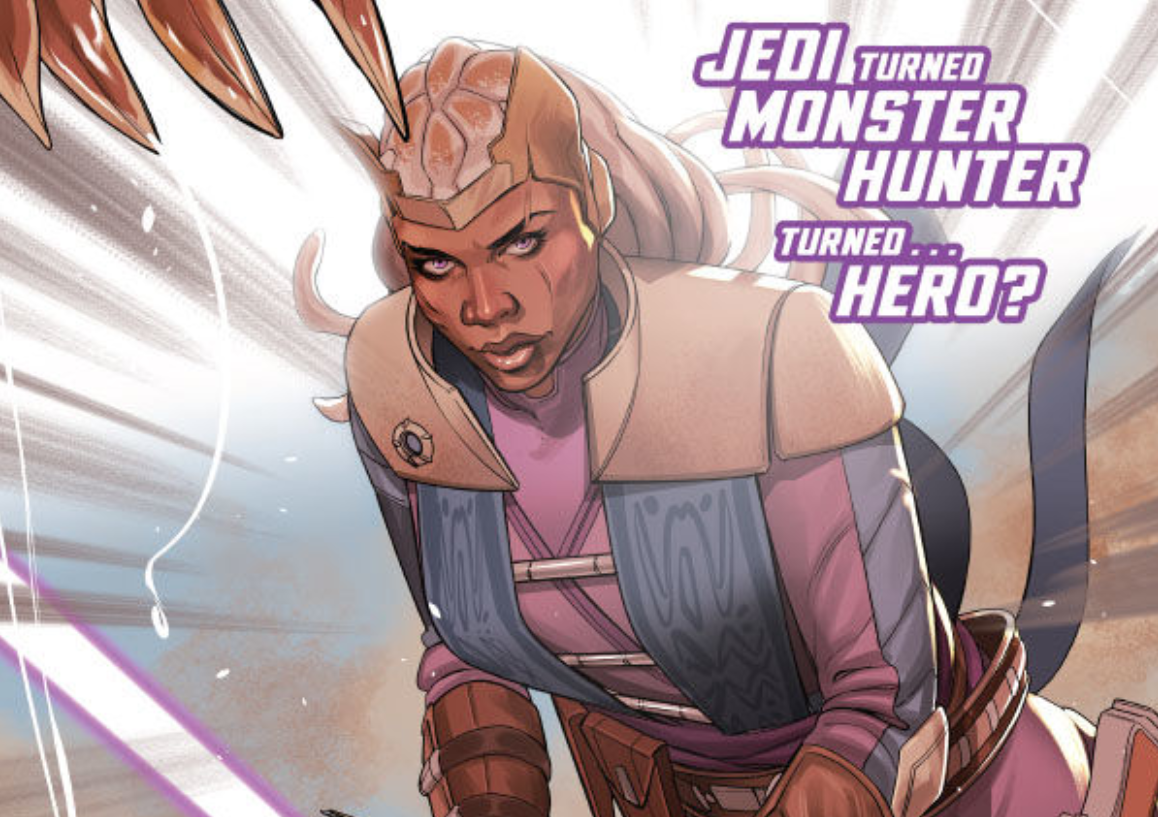The Oscars Disrespected Everything and Everyone While Trying to Swing for the Fences – Editorial
In 30 minutes, the producers of the Oscars managed to turn an okay ceremony into one that had an even worst ending than the La La Land fiasco four years ago.
I do have a lot of negative things to say about the Oscars this year, and how they just managed once again to be irrelevant, pulling a move that became the worst combination possible of having the wrong Best Picture winner on stage and announcing a Best Popular Film category. However, before I get into all of that, I do want to acknowledge a few things they did right. For starters, having the songs nominated for Best Original Song play during the Red Carpet was a very smart move. By doing that, you are saving around 30 minutes of the ceremony and you are also giving those performances to the viewers that want to see them.
Even though I usually have one or two songs nominated I really like, I’ve never been a fan of the performances during the ceremony, both because they feel like they are dragging the pace of the show too much, and because, at the end of the day, they are paying more attention to one (minor) category than their biggest three or four combined. So congratulations to them for finding some middle ground.
One more thing I absolutely loved about this year’s ceremony — the speeches. Every year, one of the most annoying things about the ceremony is having the winners enjoy what is probably the happiest moment of their lives (unless your name is Meryl Streep and you are nominated every time you go buy some milk) for a few seconds. And usually, most of those seconds are spent looking at the countdown clock approaching zero and expecting the music to kick you out of the stage at any point now.
But not this year. This year, the producers let the winners go at it. And it felt both refreshing and great because they truly felt like speeches and not people stuttering and sweating all over. Chloé Zhao was the best at this, but not the only one (of course it helps that she probably fully anticipated the win). If this had been a normal year, we wouldn’t have heard Thomas Vinterberg talk about her daughter, who died just as they started principal photography on Another Round, and how she was supposed to be in the movie and all. It was one of the most beautiful moments of the night; that wouldn’t have happened if they had given him only one minute to speak.
Those to me were the most positive things out of the ceremony, but not the only ones. There were some other details that I thought were very nice, like the pacing of the show, and some details that I didn’t love, like the absence of a host. I think this experiment has been happening long enough. It worked pretty well the first year, it was okay last year, and this year it just felt like enough already. Next year we need a host back.
But then we get to the big twist of the night. Apparently, the producers wanted this ceremony to feel like a movie, which is why they had very flashy opening credits and they went for a cinematic aspect ratio. But besides that, there was not a lot to it (as it should, because it’s an awards ceremony, not a story), until they decided to gamble the entire ceremony on a twist that would stick in Oscars history forever, no matter the outcome. And the outcome wasn’t the one they expected.
Things were already turned upside down from the get-go, when Regina King announced that the first two categories would be the screenplay awards, unlike the traditional supporting actor/actress awards (they swap every year). And then it got even weirder when, before the middle of the ceremony, they announced the Best Director Award, which is typically the fourth category starting from the bottom. Sometimes it’s even the second to last, like it happened in 1999 when Spielberg was ready to wake up again right after he accepted his Best Director award for Saving Private Ryan, but then Shakespeare In Love took his moment away.
Not this year though, because Best Director was handed out to the ever-loving Chloé Zhao, and probably most people had forgotten about it one hour later, when the ceremony was still not over. Bear in mind that this is probably the second most prestigious award of the night (depending on the weight each viewer gives to the acting categories). When trying to keep the suspense and the audience hooked, the producers disrespected one of the biggest trophies of the night.
Speaking of disrespect, let’s talk about the In Memoriam. The “In Memoriam” part of the ceremony is usually the most touching and emotional part of the Oscars, with a beautiful, melancholic song being played while the names of many people we know and many people we didn’t know show up on the screen, one by one. Sometimes we see some footage of them, either from a movie or recordings of them, but for the most part, it’s their names and pictures that stick with us.
Well, this year nothing stuck with us, because they went for a song that was basically trying to get the audience up and dancing, and they pressed the “speed up” button of the Premiere Pro way too many times, because, besides Sean Connery and Chadwick Boseman (who got between two and four seconds for themselves), and a few names at the beginning (Max von Sydow or Christopher Plummer, to name a couple), none of the names were on screen long enough to read them. David Prowse was apparently in there, and I didn’t catch him. Chloé Zhao mentioned in the press room after she got the award that their production sound mixer, Mike Wolf Snyder, was honored there as he passed away recently (McDormand’s howling when accepting Best Picture was an homage to Wolf). The sad thing is that there is no way that name could have stuck with any viewer, because they fast-forwarded through a lot of names.
This is where the time they saved with the songs could have come in handy. Boseman or Connery are beloved by millions of viewers around the globe, but they are not more important than any Mike Wolf out there. It’s fine with me if you want to leave them for last, especially Boseman, whose passing was even lamented by Sir Anthony Hopkins. But don’t disrespect the other people that left us last year, as well as their families, by making them one of too many.
That was the beginning of the biggest train wreck in the Oscars’ history. After that, for the first time in the history of the ceremony, the producers decided to disrespect the most important and prestigious award of the night, Best Picture, by handing it out before the main acting categories. The Oscars traditionally close their telecast with the winners of the best movie of the year, voted by thousands of people, celebrating their win on the stage. It’s the most iconic image every year, and it goes last for a reason.
This year, the producers figured that this was one of the most obvious awards of the night, so why would we keep the suspense? After all, we’re telling this as a story, so we’ll leave the biggest reveal of the night for last, and say that the most important categories this year are the acting ones. They wanted to combine this big reveal with the emotional payoff of the night, by honoring the deceased Chadwick Boseman in the last few moments of the night. Spoiler alert: it did not pay off.
Another weird choice was having last year’s female winner give out the Best Actress award, and last year’s best actor give out this year’s award. Typically it’s the other way around, or even having them present any other categories. And this was yet another decision that backfired on them, and here’s why: Renée Zellweger presented the award to Frances McDormand, paying off one of the tightest races of the night. Everybody watching was surprised, and at the same time, nobody was. But if Zellweger is presenting Best Actress, that means Joaquin Phoenix is presenting Best Actor.
So the producers’ biggest gamble of the night is now on the table, and they are awaiting the outcome. They clearly expected Chadwick Boseman to win this award, and thus have the closing of the ceremony be a big emotional moment where everybody present and everybody watching would be crying their eyes out. And Joaquin Phoenix is there too. What they did not anticipate, however, is that Anthony Hopkins gained a lot of momentum within the Academy this past week, to the point that even Variety pointed out they were hearing of way too many people voting for Hopkins while still expecting Boseman to win. Clearly, a lot of people did just that, as Hopkins was announced the winner… but wasn’t there to accept the award. So the ceremony ended on Joaquin Phoenix with Hopkins’ Oscar in his hands while trying to figure out what in the world is going on and, at the same time, trying to close the ceremony himself.
This raised the bar of the most embarrassing moment in Oscars history, which was already pretty high after Faye Dunaway tried to explain why she called out La La Land as Best Picture while everybody was just trying to understand what had happened. However, that situation was saved by two things. One, the producers of La La Land voluntarily handing out their Oscars to the producers of Moonlight in one of the biggest displays of fair game I’ve ever seen (and at the same time trying to get Warren Beatty and Faye Dunaway off the stage, one of their wisest decisions). And two, Jimmy Kimmel as the host trying to bring order back into the room.
This year, there was no host, which would have made for a less awkward moment, and the only guy on stage was Joaquin Phoenix, who I have nothing against, but he’s not the most charismatic and friendly guy in the business, let’s be honest. For reference, watch him take the life energy out of the Dolby Theater with his speech last year after winning Best Actor for Joker.
Here’s what should have happened: the producers had to know that Anthony Hopkins was not going to attend, not only because he didn’t even attend last year when there was no pandemic going on, but also because he should have let them know in advance. If the producers knew that the odds-on favorite was Chadwick Boseman indeed, they also had to know that there was a very real possibility (even before this week) that Anthony Hopkins could take the trophy home. Maybe not higher than 30%, but that’s pretty big already. If you really want to gamble and risk a situation in which the guy you expect to win loses to another actor who will not be present in the ceremony, at least have Renée Zellweger present the Best Actor award, who will probably try to salvage the situation. Joaquin Phoenix was just the final nail on the coffin.
But it shouldn’t have come down to that. As producers, they should have looked at past situations in which a similar situation happened. Notoriously, in 2009 Heath Ledger won a posthumous Best Supporting Actor award in a ceremony that is remembered as a very emotional one for Ledger, but also the night of Slumdog Millionaire. This big gamble disrespected the entire ceremony, as well as Nomadland‘s big win.
Notice how the events would have transpired if this had been a normal year. First, Best Director gets awarded to Nomadland, and Chloé Zhao gets her big moment towards the end of the night. After that (maybe even before, depending on the year), the In Memoriam is played (hopefully better done), with Boseman being the last name. That leads us directly into the category of Best Actor (yes, that’s typically awarded before Best Actress), where Boseman is the favorite to win. If he does, the In Memoriam will have an even bigger impact, and both moments would resonate to bring everybody to tears. If he doesn’t, like it was the case, Renée Zellweger makes sure to let everybody know that Hopkins could not attend the ceremony, and maybe even #ReleaseTheColmanCut, that is, let Olivia Colman deliver Hopkins’ speech from London like it was supposed to happen. After that, Nomadland wins the last two awards of the night, and the last thing we see on the telecast is Frances McDormand howling as an homage to her friend, Mike Wolf. Nomadland goes down in history as the big winner of the night, with both Anthony Hopkins and Chadwick Boseman being fondly remembered.
Instead, because the producers were biased and hoped for Boseman’s win, now they caused an effect that nobody anticipated (but they should have) — Hopkins is now seen as the bad guy who stole King T’Challa’s Oscar after he died, and his performance (who is being described as his best one ever by many people) is being vastly overlooked. Nomadland gets lost in translation, and the night will be remembered as the one where Anthony Hopkins defeated Chadwick Boseman and didn’t go to the ceremony (a move, by the way, totally understandable for an 83-year-old British fellow in the middle of a global pandemic), instead of being remembered as Nomadland‘s, and most importantly, Chloé Zhao’s big night.
I don’t care though. Nomadland is outstanding, and Chloé Zhao deserves all the awards in the world. You can check out our coverage of the night, as well as the full list of winners, right here.
Miguel Fernández is a Spanish student that has movies as his second passion in life. His favorite movie of all time is The Lord of the Rings, but he is also a huge Star Wars fan. However, fantasy movies are not his only cup of tea, as authors like Scorsese, Fincher, Kubrick or Hitchcock have been an obsession for him since he started to understand the language of filmmaking. He is that guy who will watch a black and white movie, just because it is in black and white.

